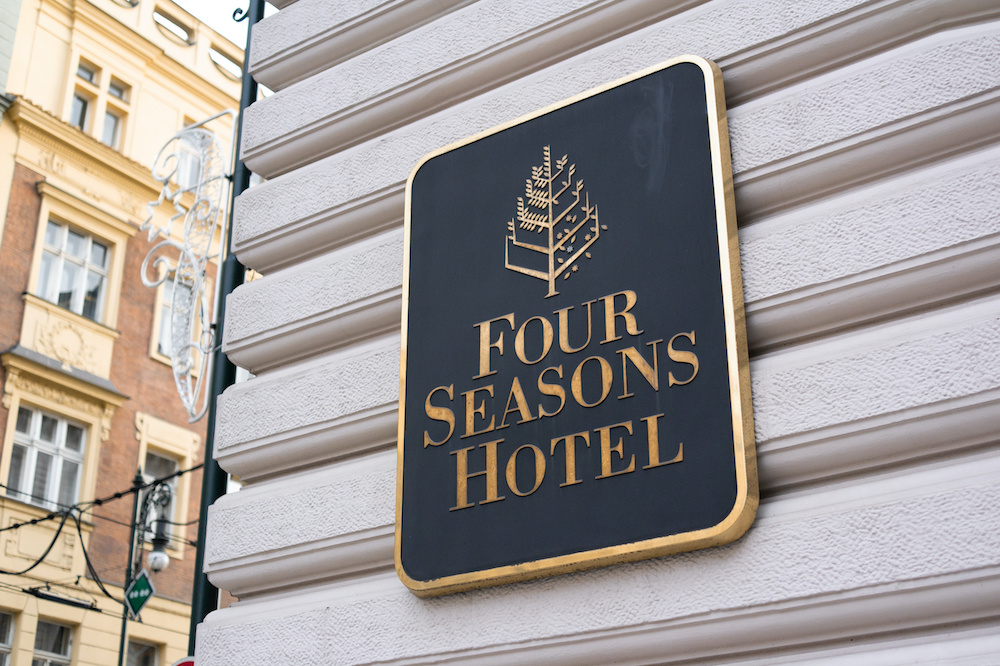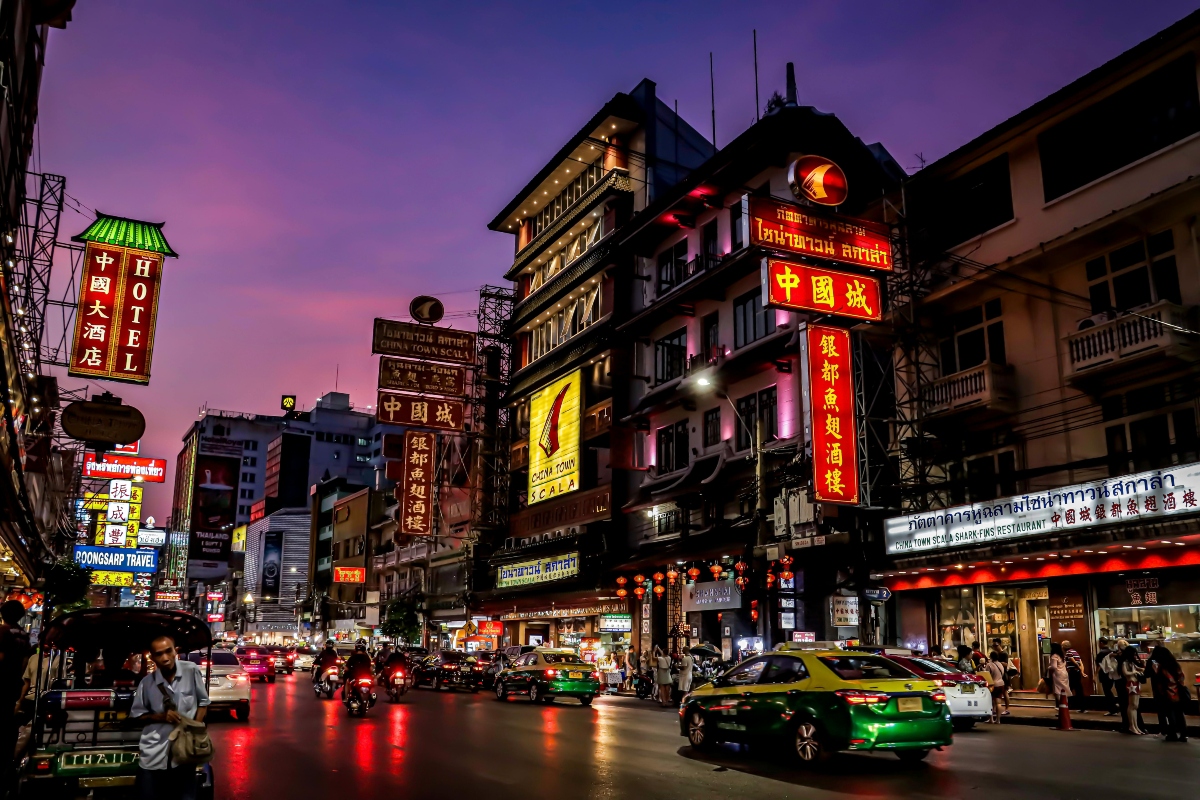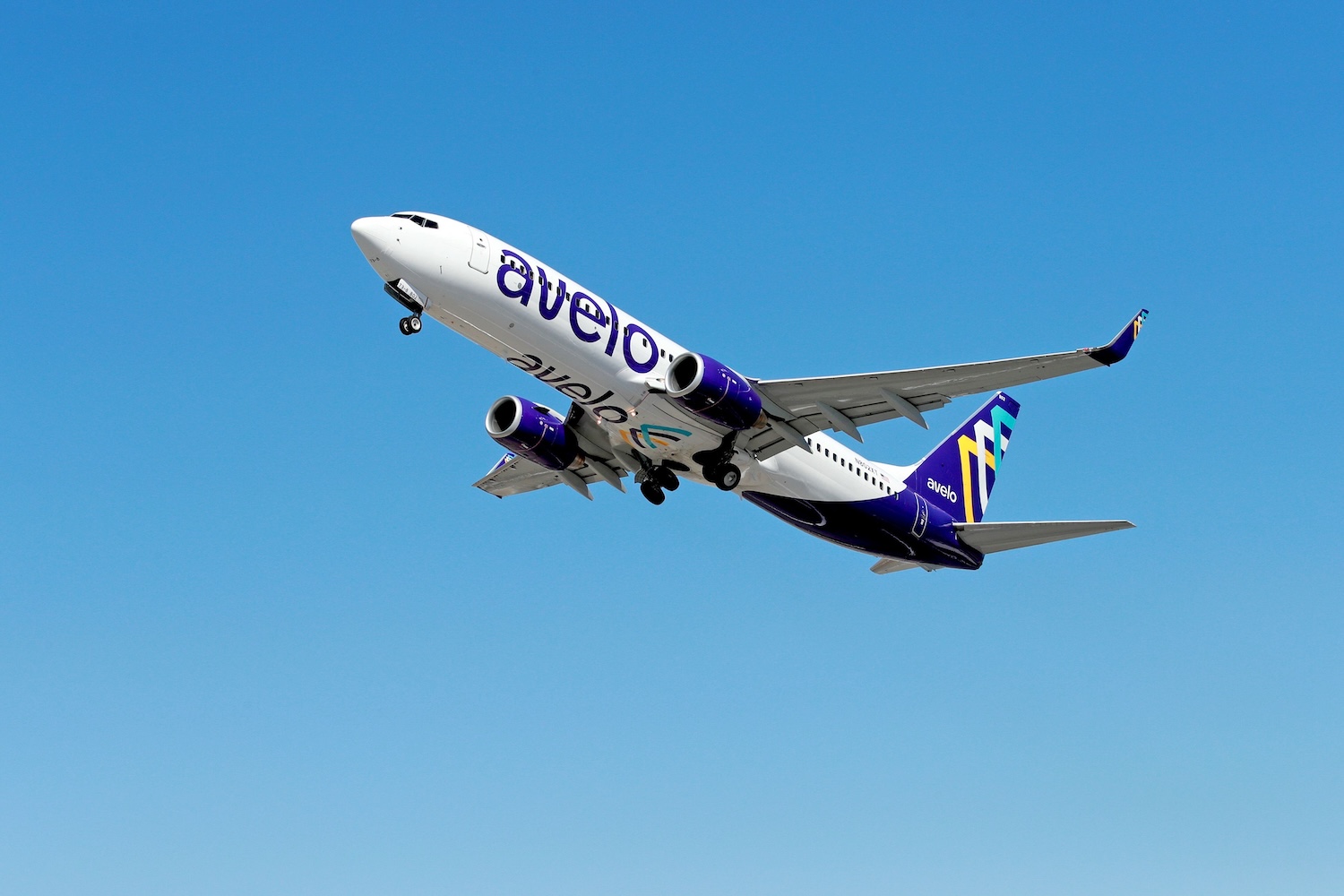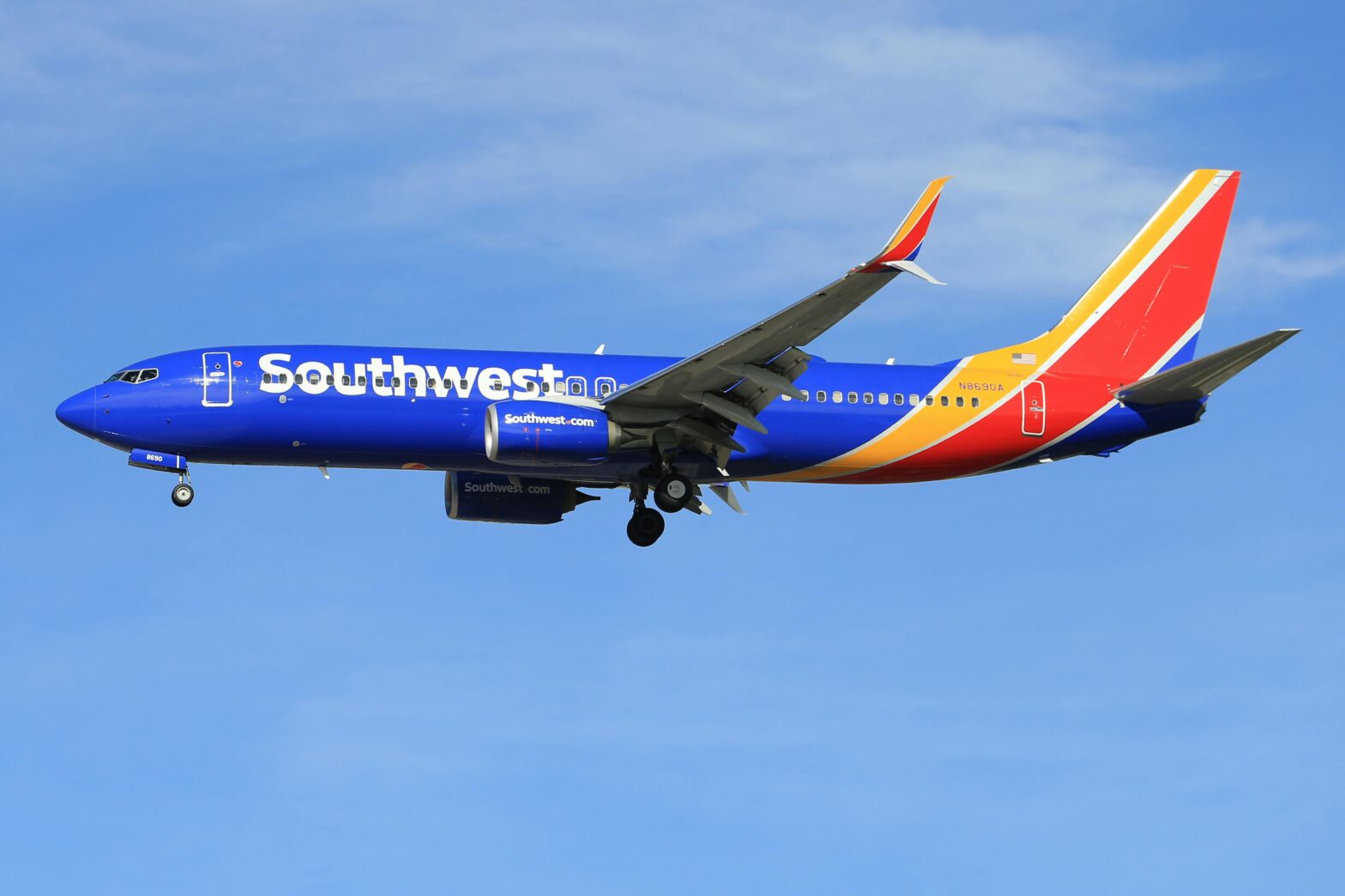For years rival hotels would post fake negative reviews on their competitor’s profiles. However, studies are showing that high-end hotels are now changing their tactics when short-term rentals start competing within their market. Instead, upscale hotels are now posting positive reviews under their online profiles.
How it works:
“More pressure from Airbnb causes high-end hotels to increase their ratings with more fake positive reviews,” Cheng Nie, a co-author of the study.
The study was done across 2,188 hotels in Texas over 8 years.
Anything For Clout

No secret hotels are purchasing fake reviews from hiring third parties. Their goal is to increase their visibility online and look better than their competitors. A study back in 2015 shows between 5 and 30 percent of hotel reviews was fake.
Researchers decided to study the behavior of luxury hotels since Airbnb’s rise in 2008.
Hotels vs. Airbnb
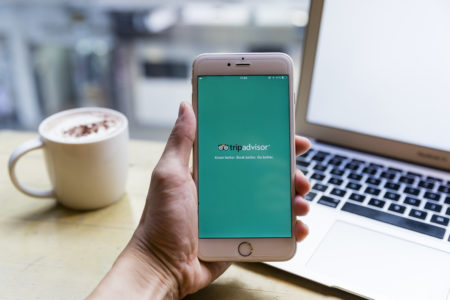
Researchers used hotel ratings on Tripadvisor and Expedia to compare their research. Studies show whenever high-end Airbnb listings appeared within a mile of a high-end hotel or resort, they would boost their profiles with positive fake reviews. From 2011 – 2015 the study showed close to a 6% increase in self-promotion.
As Airbnb started to increase its presence within the hotel markets, hotels decreased in posting bad reviews on their rivals.
“They don’t badmouth each other as much as before because they have this common enemy of Airbnb, reducing their demoting behaviors,” Lie said.
Tripadvisor claims they rejected 1.3 million reviews that they suspected were fake in 2020.
As for budget hotels, there are fewer behavior changes since Airbnb customers aren’t as influenced by reviews when it comes to those types of stays.
“A lot of people who stay at low-end hotels are less likely to pay attention to reviews compared to people trying to decide if a $500 resort is worth their money,” Nie said.
